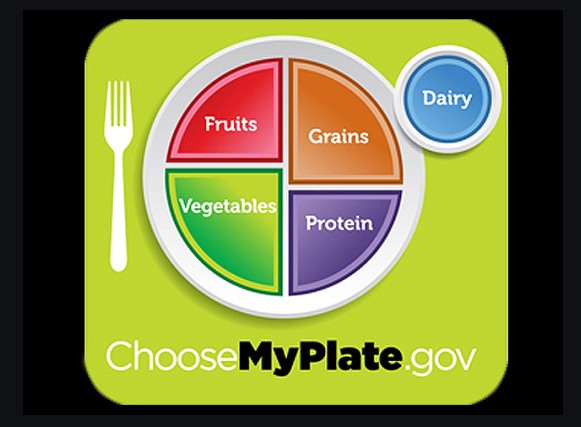Can We Trust the New USDA Dietary Guidelines to Keep us Healthy?
Our national government's attempts at issuing dietary guidelines are usually inappropriate and ludicrous. Unfortunately, those guidelines dictate what the average certified dietitian offers as sound dietary advice. If you've ever had to eat hospital food, you were the recipient of a dietitian's control over the hospital's kitchen. Today there are virtual food fights over different dietary approaches. It seems the advocates of each diet want to create a following and promote how their particular approach to eating assures longevity and good health. But there is no one size fits all diet. This isn't about therapeutic diets for overcoming specific diseases, especially cancer. Rather, this commentary is about assigned bureaucrats effort to decree a day to day dietary intake for maintaining one's health. A recent article decrying current national efforts at dictating dietary advice by journalist Nina Teicholz was recently published in the BMJ (British Medical Journal). Nina authored The Big Fat Surprise: Why Butter, Meat and Cheese Belong in a Healthy Diet. Her book received accolades from literally hundreds of Amazon reviewers and some New York based magazines. Those responses struck this author as a carnivores' chorus of affirmation with a prolonged amen.








